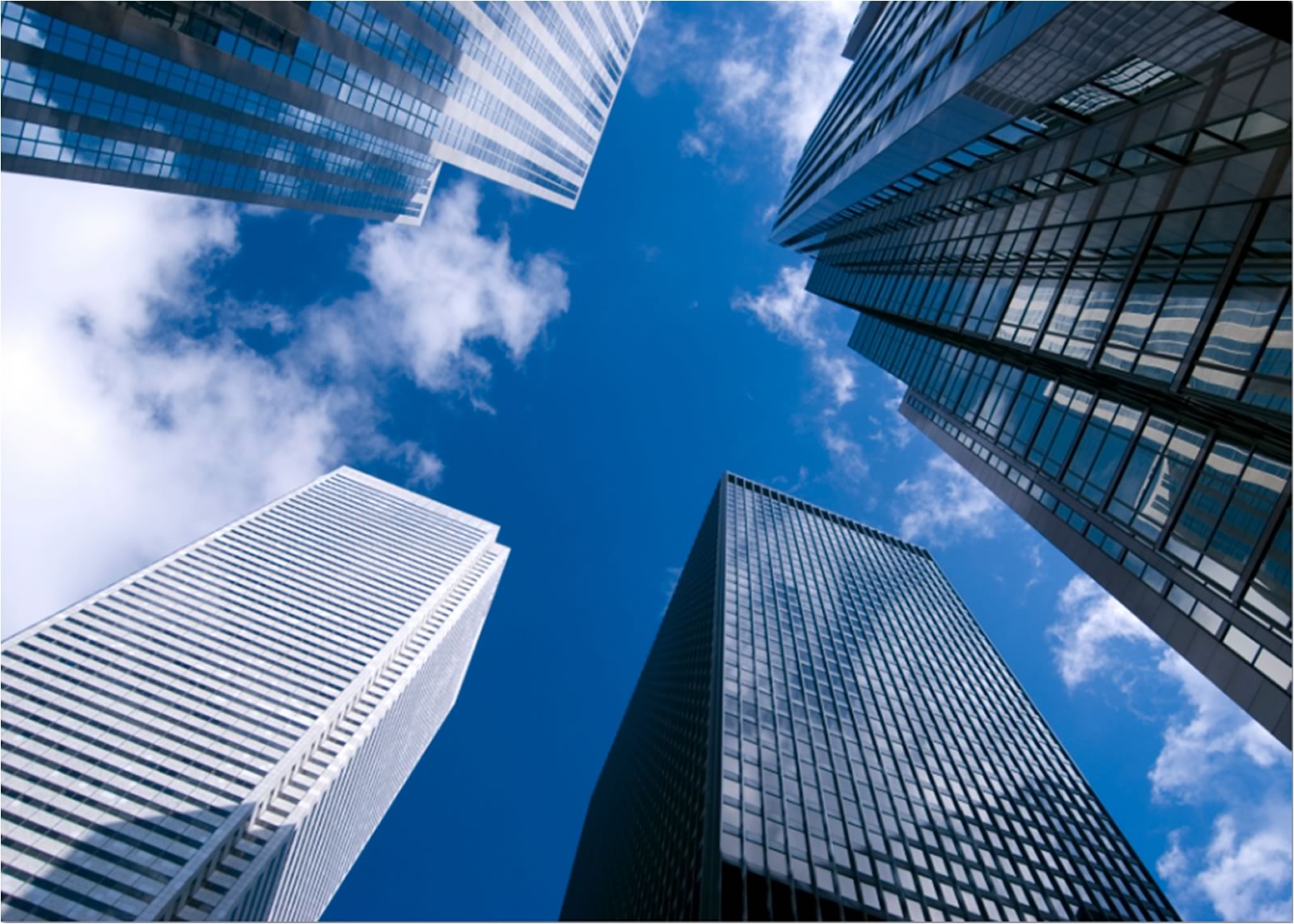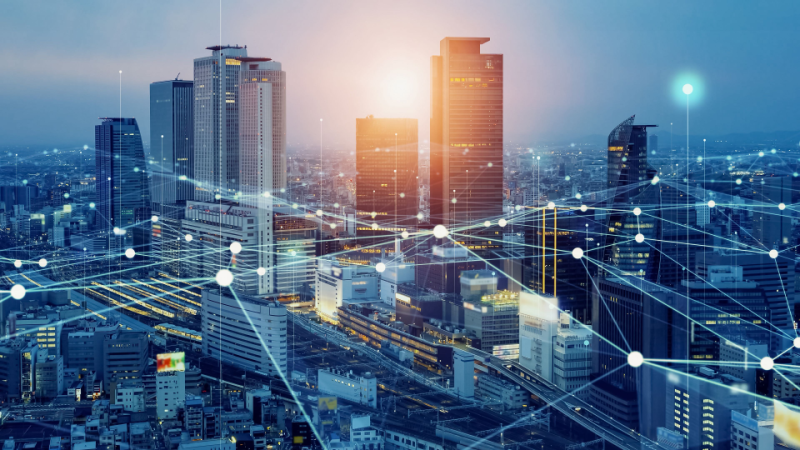Smart building: the “green” challenges for Facility Management
The growing focus on reducing the impact of buildings on the environment and the climate – responsible for around 40% of overall energy consumption – together with continuous search for energy management and control solutions as well as the possibility of adopting and making the best use of efficient energy solutions, represent the main drivers for the development of smart buildings and smart cities, which are inevitably destined to impact Facility Management.
Facility management & smart building are two concepts that are increasingly related to each other in terms of environmental sustainability, inspiring citizens, consumers and investors. Performances increasingly oriented towards achieving Environmental, Social, and Corporate Governance (ESG), in which the environment is the protagonist, are in fact among the main strategic choices of the most innovative and evolved companies.
Smart and ‘green’ building
A smart building is a building that, by definition, has an extremely low environmental impact, the operation of which is regulated by digital technologies. Conceived as a single high-performance ecosystem, functioning thanks to digital platforms and electronic sensors. According to the Energy & Strategy Group of the Politecnico di Milano, it represents “a building whose systems are managed in an intelligent and automated manner, through a supervision and control infrastructure, to optimise energy consumption, comfort and occupants’ safety, guaranteeing integration with the electrical system”.
The intelligent automation underpinning smart buildings enables a whole series of services, often integrated and of high value to the occupants, whose management is entrusted to Facility and Energy Managers who, thanks to digital technologies, are able to optimise their activities. Among the services (facilities) enabled and characterising the smart building are:
- efficient energy management and consumption monitoring, closely linked to waste reduction and optimisation of the green sources used;
- widespread connectivity, wireless or wired, at the basis of the possibility to carry out the work activities of building occupants and guests, advanced video surveillance and the various building automation solutions (network infrastructure);
- adoption of authentication solutions for regulated access and building security technologies;
- optimisation of maintenance costs, which are essential to keep the building asset in perfect working order throughout its life cycle.
The purpose of facility management is to provide and maintain service levels that meet business needs and ensure quality working environments and the highest degree of well-being combined with waste avoidance. Thanks to the continuous production of data, the smart building is able to direct decision-making paths towards sustainability and the reduction of environmental impact.
Sustainability: from maintenance to smart contracts
Facility management digitalisation and smart buildings are therefore enabling factors for the sustainable management of real estate assets and a reduction of environmental impact, thanks to transparency, efficiency and a more conscious and virtuous use of available resources.
The availability of considerable amounts of data and advanced facility platforms also enables predictive maintenance for the management of systems and related services (electrical and thermal-hydraulic systems, lighting and air-conditioning, as well as cleaning and hygiene services, concierge services, green care, waste disposal, company fleet management, security) with targeted interventions corresponding to a real need manifested by data analysis. The monitoring and optimisation of interventions combines sustainability and cost containment requirements.
Moreover, the transparency and traceability of data, made possible by the digitisation of facility management, enable not only the creation and management of digital twins of real estate assets, but also of contracts, with the so-called smart contracts, digital transpositions of traditional contracts, with which transactions are carried out in compliance with certain conditions.
In smart contracts it is possible to introduce specific clauses to reduce the environmental impact of services, such as, for example, certifications for the use of sustainable materials and environmentally friendly products or energy-saving machinery. The innovative scope of smart contracts lies precisely in the certification of traceable and reliable transactions that, without the involvement of third parties, guarantee compliance with established contractual clauses.
All aimed at creating virtuous environments for the environment to which correspond services that ensure functionality, comfort, safety, and savings for the occupants.
If you want to know more, contact us now!
 English
English

